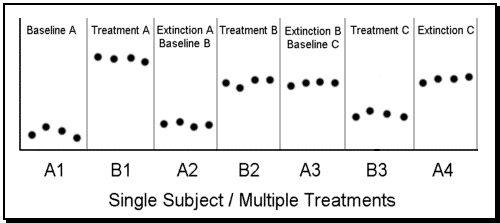
Who Is Most Sensitive to Injustice?
Does witnessing injustice makes your blood boil? Or if not your blood, then maybe your bilateral mid insular cortex?
A new study from researchers at University of Bern has found that people who react more strongly to seeing injustice inflicted on others tend to have more gray matter in the bilateral mid insular cortex, a part of the brain involved in experiencing empathy, taking the perspective of others, and making social decisions.
This finding is the latest to suggest that people vary in how sensitive they are to injustice and that how sensitive people are to injustice shows up in their brain activity.
Research published last year found that women who were more sensitive to injustice tended to more strongly display a certain neurological response to injustice. On average, women seem are more sensitive to injustice than men.
Injustice sensitivity has also been linked to several other traits:
- Perhaps unsurprisingly, those who score higher on “psychopathic coldheartedness” are less sensitive to injustice.
- Being more sympathetic and compassionate (that is, scoring higher on what psychologists call empathic concern) tends to make people more sensitive to injustice.
- People who score higher on cognitive empathy, the ability to understand other people’s perspectives, tend to be more sensitive to injustice.
Somewhat unexpectedly, though, affective empathy (essentially, the ability to “feel” other people’s emotions) does not seem to correlate with sensitivity to injustice.
This research has at least one practical application: it could help us create a world where people care more about injustices that are done to others. The researchers who found that cognitive empathy is apparently more closely related to injustice sensitivity than affective empathy point out that if this finding holds, it means the best way to promote sensitivity to injustice is to encourage people to take the perspectives of others, but not necessarily to emotionally “feel” others’ experiences of injustice as their own.
Image: Flickr/Luc Forsyth under CC BY-NC 2.0